Last Sunday, I held a Zoom conversation with people who wanted to discuss some of the political climate we are in, especially as it has affected relationships with friends and family. We didn’t record it, so nothing to share there, but we had a great time talking about putting our hope in God’s kingdom, not the political parties that humans have devised. We had a lot of people share the trajectory of their journey from a strong partisan point of view, to a greater generosity toward people who don’t see the world the way they do.
One of the issues that kept arising in that conversation was about racial equity, and how to be a voice for positive change in an environment that is so politically charged. One wrote me this after: “I’d love another one on how and what we can do to be more racially conscious and helpful. When I speak up and I do, I’m making groups feel self-conscious and I’m a little ostracized…🤨”
So I asked Arnita, one of my co-authors on A Language of Healing, to lend her insight as an African-American woman as to how people from the majority culture can be more sensitive and helpful as allies in the quest for racial justice. This Sunday, February 14 at 10:30 am Pacific Time, I’m going to host another Zoom conversation with Arnita to help people explore how to have better conversations here.
 This time, however, I’m going to limit the room to about 25 people so we can have more of an interactive conversation. However, I will also be streaming it live on The God Journey Facebook page for those who would like to watch it. It will also be on that page for people to listen to afterwards, and we may even excerpt some of that conversation for a future podcast at The God Journey.
This time, however, I’m going to limit the room to about 25 people so we can have more of an interactive conversation. However, I will also be streaming it live on The God Journey Facebook page for those who would like to watch it. It will also be on that page for people to listen to afterwards, and we may even excerpt some of that conversation for a future podcast at The God Journey.
If you’d like to be part of that conversation let me know and I’m going to prayerfully select twenty-five people out of those who want to join us. This is not limited to the majority culture and I hope to have a good representation of people with brown and black skin with us as well.
Whether you want to join us in the room or not, if you have any specific questions you’d like Arnita and me to address, please send them in advance so we can give them our consideration.
I am giving first opportunity to those of you who were there last week but will also be inviting others as well. I know everyone can’t be in the room with us but we are going to stream it live, record it, and possibly put excerpts in a future podcast of The God Journey.




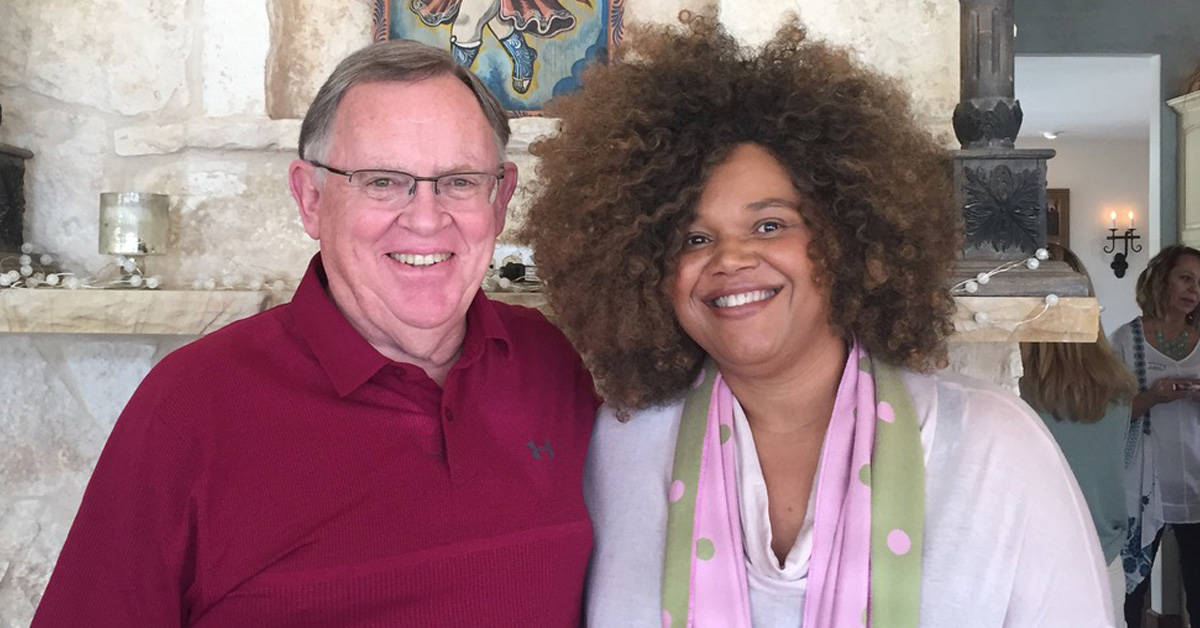
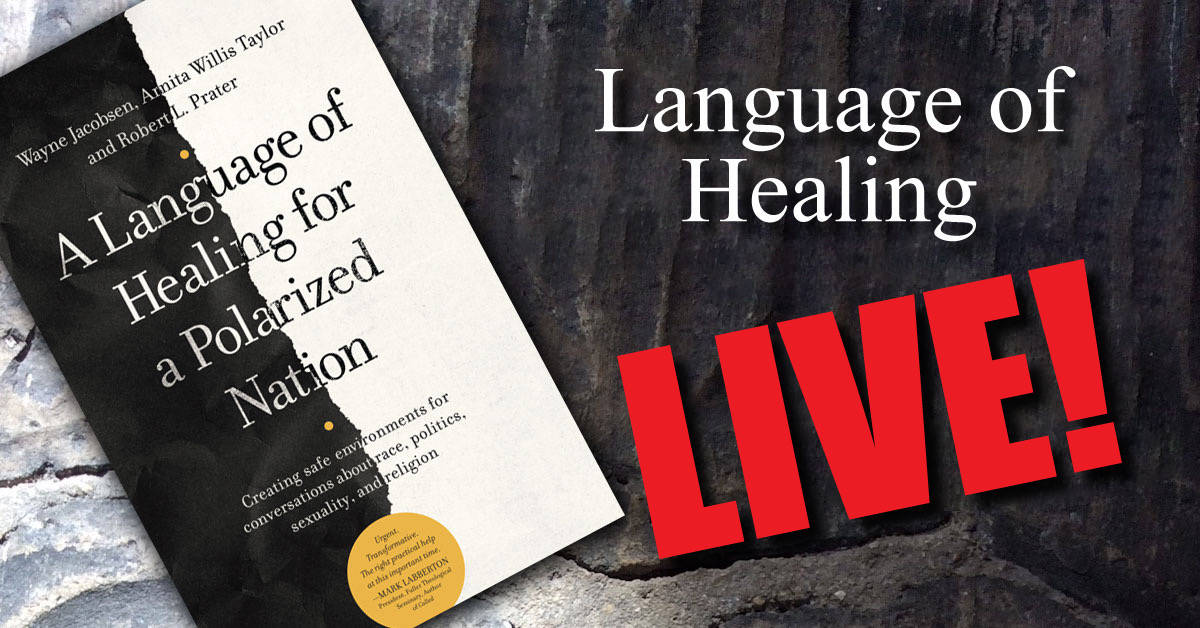
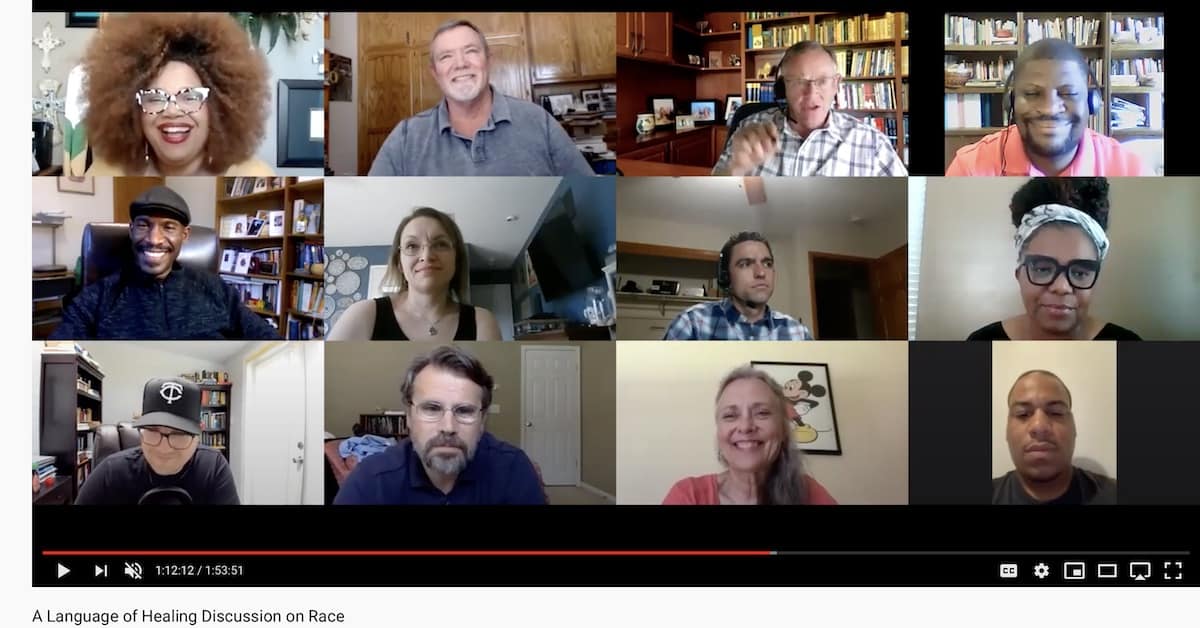
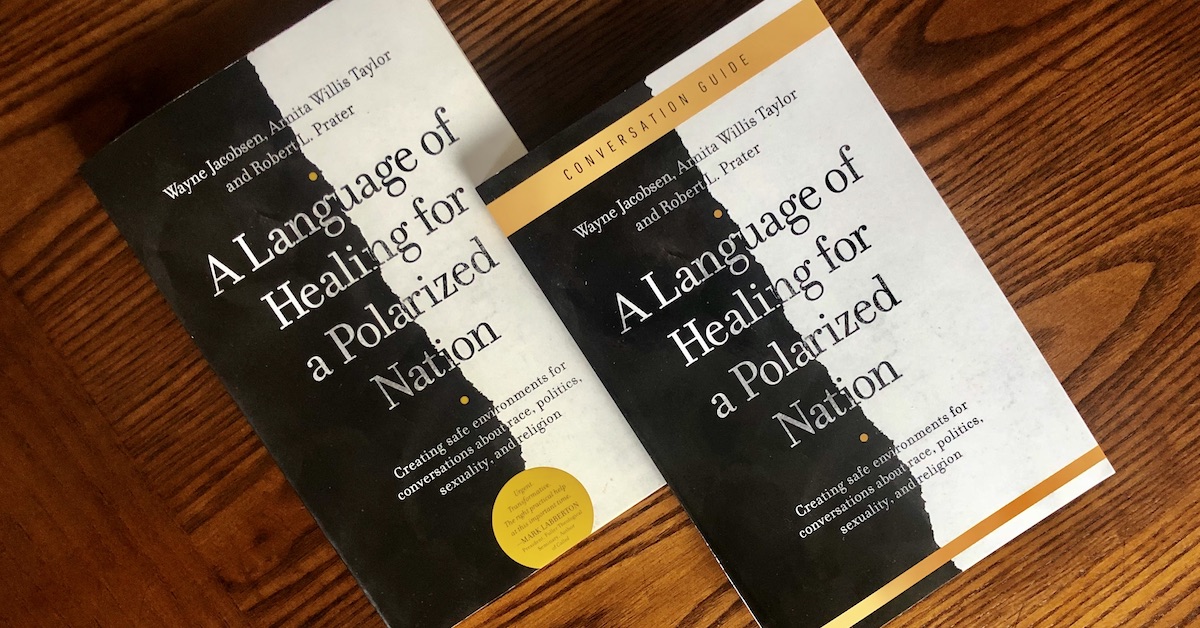
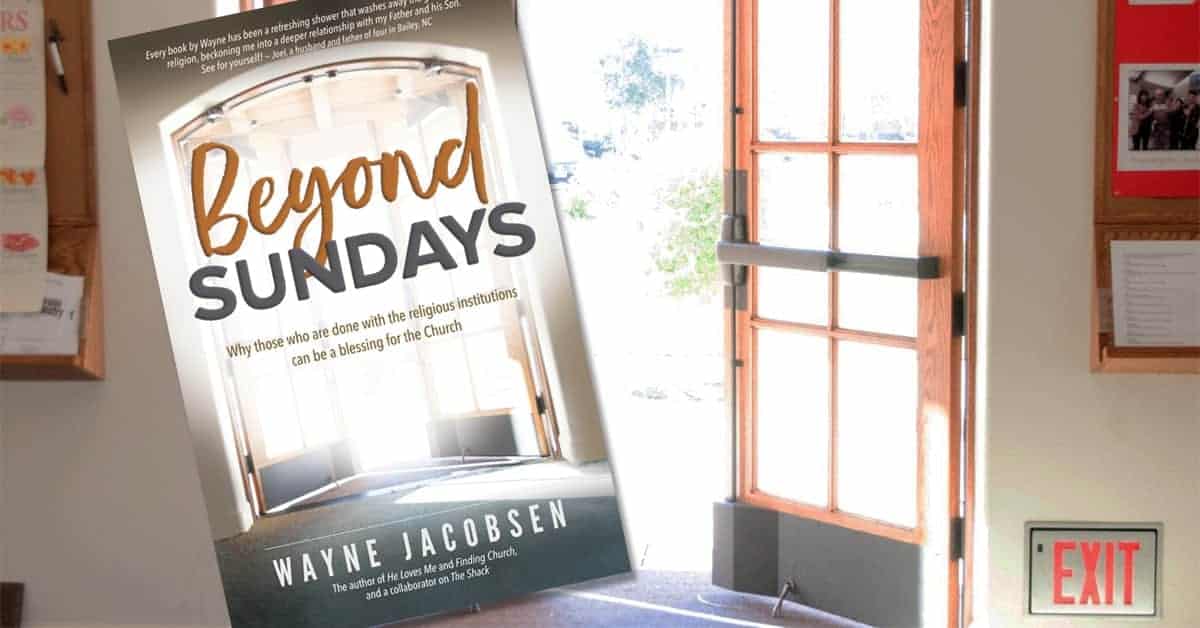
I have two “brown” teenage GreatGrandsons….( My grandson-in-law passed away from severe asthma — beside the point) Anyhow I enquired at one time about how “black folk” regarded the white lives in their black family and community…. The reply startled me somewhat. —— the reply was “They are viscious in their conversation about white folk among themselves….” Methinks the brutal history of treatment of the negroid race is long past…… I don’t remember it at all….. neither do many, aside from history books…. and— I didn’t DO it– yet my skin makes me automatically guilty —- of something.
I grew up with persons who had brown skin, played with them, went to church with them, went to school with them…….Military base town….. at any event… Here my little story…..
I am a retired nursing professor…. One day in the clinical area of the hospital, I encountered a cute 8yr old negro boy who was terrified of being in a bed of bars (crib) and was crying in anguish…. I reached through the bars of the crib and placed my white hand on the back of his brown hand and said ” Your not black, Your brown.!” Tears flowing from his frightened face, he slid his hand out from under mine and placed it on mine…and said… “your not white.—- your pink.” His spirit relaxed . I became –his friend…. sans “color”
Hi Martha. I appreciate your story about learning to love beyond color. What makes having this conversation difficult, however, is in your earlier paragraph. People like me want to believe all the abuses are past and everyone just needs to get over it. Those abuses still continue to this day for many people with brown skin. Understanding our history can help us realize how building this nation at a time when people with light skin thought themselves to be morally and intellectually superior created a framework that still has implications today in how people of color are perceived and how they have limited opportunity and unequal justice still. Those who want to help fix the problem are less interested in your guilt as they are your help to create a level playing field for people of all colors. I think that’s what you hope for, too, given your last paragraph. We’re just not there yet and we can all be helpful in making progress in this area.